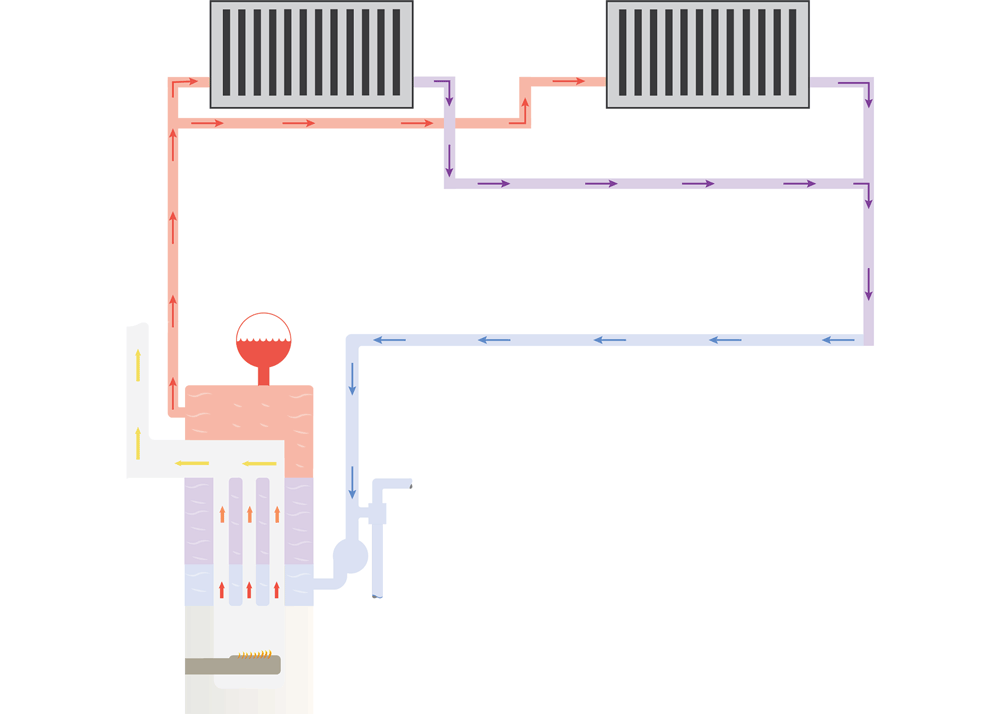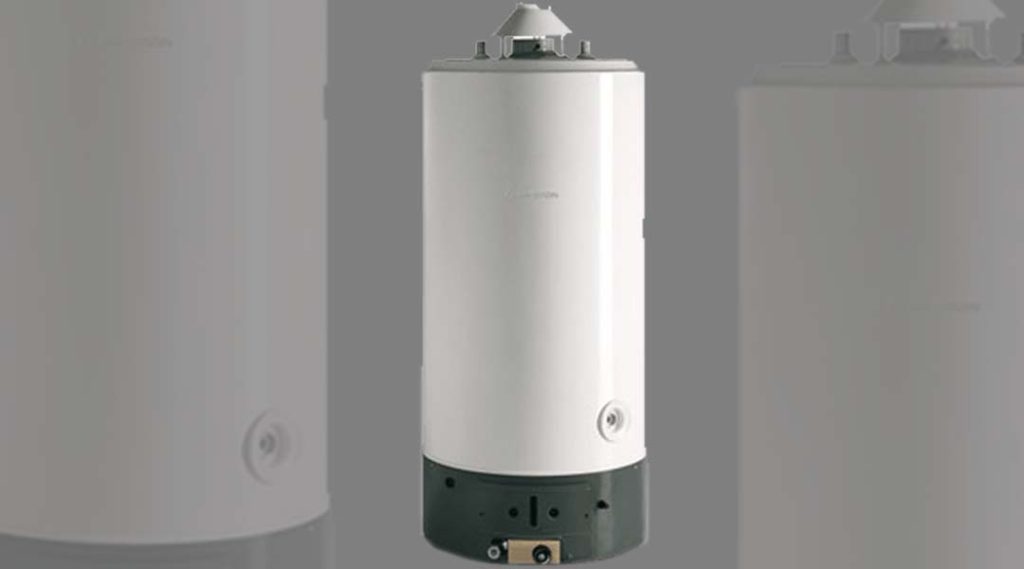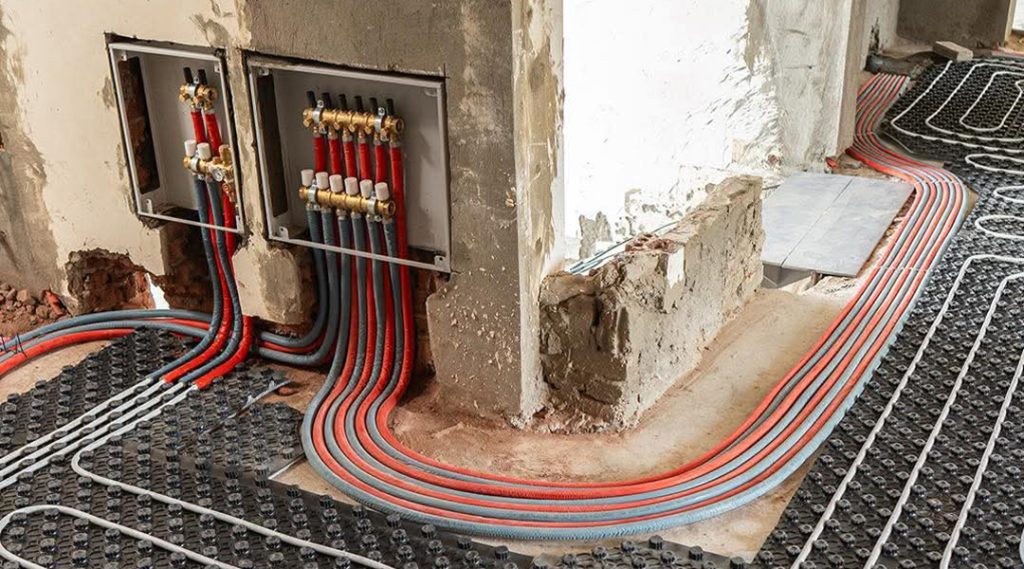Discover efficient boiler heating systems for your home. Learn how to save energy, reduce costs, and stay warm all year round with Edges.
Each winter, homeowners are reminded of the importance of their boiler systems, particularly if a system isn’t working as it should. As boiler claims begin to appear on adjusters’ desks in the colder season, it’s important to understand the basics of these systems and how they work.
A boiler heating system is a great way to heat your home. It is important to have your boiler regularly serviced to keep it running efficiently and to prevent breakdowns. You should also make sure that your home is well insulated to keep heat in and reduce your energy bills.
If you need boiler repair in pickering, you can hire us at Climate Experts. We install, maintain, and service furnaces, air conditioners, boilers, and more. Get in touch with us to book our services at Climate Experts.
What Is a Boiler Heating System?
A boiler heating system is a type of heating system that uses a boiler to heat a home or business. This type of system is one of the most common heating systems used today and is made up of several components, including the boiler, heat exchanger, piping, and controls.
The boiler is the main component of a boiler heating system. It is typically a closed vessel made of steel, copper, or cast iron and is designed to transfer heat from a source to water or steam in a controlled manner. Heat is generated inside the boiler by burning natural gas, propane, oil, or wood. The heat is then transferred to the water or steam, depending on the type of system.
How Does a Boiler Heating System Work?
- In order to understand how a boiler heating system works, it is important to understand the two main components that make up the system: the boiler and the radiators. The boiler is the device that produces heat. It is typically powered by natural gas, oil, electricity, or propane. The boiler converts this fuel into heat energy, which is then distributed through the radiators throughout the building.
- The radiators are the second component of the system. They are typically located in various rooms throughout the building and are connected to the boiler via pipes. As the boiler heats up, the water in the pipes heats up as well and is then distributed to the radiators. The radiators then disperse the heat throughout the building, providing a comfortable and consistent temperature.
- When the thermostat is set to a desired temperature, the boiler will automatically turn on and off to maintain this temperature. This is done by controlling the flow of hot water to the radiators. If the thermostat is set to a higher temperature, the boiler will run longer to produce the necessary heat. Conversely, if the thermostat is set to a lower temperature, the boiler will run less in order to conserve energy.

What is a condensing boiler?
Condensing boilers are designed to heat up your home and water as efficiently as possible and it’s a requirement that every new boiler must be condensing and have an A efficiency rating.
The difference between condensing boilers and non-condensing boilers is the amount of heat that they produce and that condensing boilers achieve over 90% energy efficiency.
How do I know what type of boiler I have, a condensing boiler or non-condensing boiler?
If you’ve moved into a new property and you’re not sure if you have a condensing boiler, there are a few ways you can check:
- Check the install date of your boiler. If you got a new boiler after April 2005 then the regulations will mean it’s condensing.
- If your boiler has a metal flue then it’ll probably be non-condensing. Condensing flues are usually through an external wall or your roof.
- If you see steam through an external wall or your roof and a white plastic pipe leading to a drain, then it’s most like a condensing boiler.
- If you have a non-condensing boiler in your home then it may be time to get a new boiler, like an energy efficient Worcester bosch boiler.
What Are the Benefits of a Boiler Heating System?
There are many benefits of a boiler heating system, including cost savings, improved efficiency, and more.
Cost Savings
One of the most attractive benefits of a boiler heating system is the cost savings. Boiler systems are much more efficient than traditional heating systems, meaning that you will be saving money on your energy bills. Boilers also require less maintenance than traditional heating systems, reducing ownership costs.
Improved Efficiency
A boiler heating system is much more efficient than traditional heating systems. Boilers can transfer heat more effectively than other systems, resulting in more efficient use of energy. This improved efficiency can result in lower energy bills and a more comfortable home or office.
Safety
Boilers are also much safer than traditional heating systems. Boilers are sealed units which means that they are less likely to cause fires or other hazardous events. Additionally, boiler systems are designed to shut off automatically if the system gets too hot, further reducing the risk of fire or injury.
Environmental Benefits
Boilers are also much more environmentally friendly than traditional heating systems. Boiler systems use less energy to heat a given space, meaning that they produce less carbon dioxide and other pollutants. This can result in a cleaner, healthier environment for you and your family.
Chimneys
Properly functioning chimney systems will carry combustion byproducts out of the home. Therefore, chimney problems put you at risk of having these byproducts, such as carbon monoxide, spill into your home.
- Most older furnaces and boilers have natural draft chimneys. The combustion gases exit the home through the chimney using only their buoyancy combined with the chimney’s height. Natural draft chimneys often have problems exhausting the combustion gases because of chimney blockage, wind or pressures inside the home that overcome the buoyancy of the gases.
- Atmospheric, open-combustion furnaces and boilers, as well as fan-assisted furnaces and boilers, should be vented into masonry chimneys, metal double-wall chimneys, or another type of manufactured chimney. Masonry chimneys should have a fireclay, masonry liner or a retrofitted metal flue liner.
- Older chimneys often have damaged or no liners and need relining when replacing a furnace or boiler. Relining is necessary for any changes to the combustion heating system:
- When upgrading to a newer furnace or boiler with an AFUE of 80% or higher, it’s crucial to prepare the chimney for acidic condensation. Mid-efficiency appliances can produce this corrosive byproduct, so the installer must ensure the new chimney liner is appropriately sized for both the heating appliance and any existing combustion water heater.
- When replacing an older furnace or boiler with a new 90% AFUE or higher appliance or a heat pump, the heating system will not use the old chimney. If there’s a combustion water heater, it will vent through an oversized chimney, which can lead to condensation and poor draft. The new chimney liner should be sized for the water heater, or it can be vented directly through the wall.
Frequently Asked Questions
- What are the three types of boiler systems?
- There are three main types of boilers that you can get in your home:
- Combi or combination boilers.
- System boilers.
- Regular boilers (also called heat only boilers or conventional boilers).
- There are three main types of boilers that you can get in your home:
- Does a boiler heat radiators?
- A central heating system has pipework and radiators which are connected to a boiler. The boiler provides the heat and the pump moves heated water from the boiler through the pipework to the radiators, and back to the boiler for reheating.
- Is boiler heat electric or gas?
- Like furnaces, boilers can be powered by various sources, including gas, electricity, or oil. However, they are different in that they directly warm surfaces in their vicinity, like baseboards or floor panels, instead of distributing heat through a vent or duct.
- What are the Cons of Boilers?
- Price: These systems have higher upfront installation costs.
- Slow heating: Boilers heat slower than forced-air systems.
- Limited cooling capability: These units lack cooling and require a separate system for air conditioning.
- Leaks: These systems can leak, which can cause property damage.
- What is the efficiency of a boiler?
- Boiler efficiency can be defined as the ratio of the useful heat output to the total energy input. Typical boiler efficiencies range from about 90% for the best solid biomass fuel boilers to close to 95% for oil- and natural gas-fired boilers, Table 3.2.
- Is boiler heat safe?
- Boiler heat systems can be safe for homes with children when properly installed, maintained, and monitored. Ensuring proper safety features, conducting regular inspections, and educating children on safe practices around the boiler system are key for minimizing risks.


